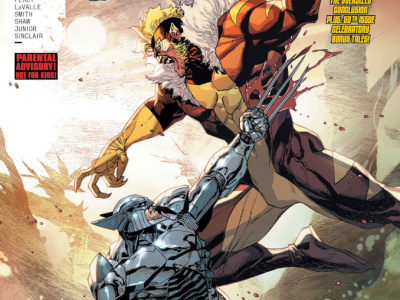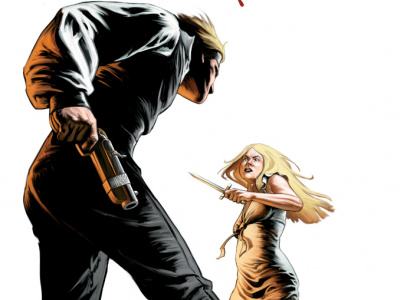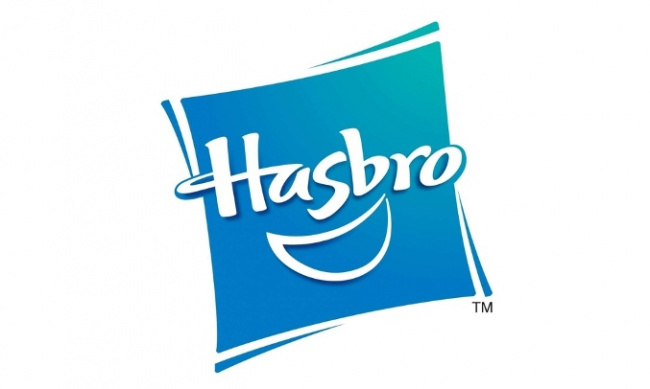Precedence Entertainment announced today that it has ended its recent practice of selling single CCG cards to consumers on its Website. According to a statement posted on the Precedence site, 'In keeping with our high level of commitment to foster and maintain the best possible retailer-manufacturer relationships as a vehicle to ensure the best service and supply of product to our customers, after due study of our singles sales policy, we have decided to respect the retailer call to cease the practice and will do so effective immediately.' The posting specifically mentioned the input of retailers associated with the Game Industry Forum as a reason for the change.
Precedence had begun selling Rifts singles at premium prices on its Website last fall, putting up a limited number of cards and rotating them every few weeks. According to former Precedence Director of Sales Jim Burleson (who was working at Precedence when the single sales were begun), the decision was made for multiple reasons, including a desire to give fans that did not have a store selling singles nearby access to them. Another reason, of course, was to make money, and the company's recent financial situation made that more important, according to Burleson. He said that prices were set above what the company felt were market prices, based on what cards were going for on eBay. He also compared the practice to the use of redemption promotions, by which consumers can redeem cards from packs for rare cards from the publisher.
Many retailers expressed a high level of concern about the practice. A well-written letter signed by over thirty game retailers had this to say: 'We feel that such an action destroys the trust that consumers have in a fair distribution of rare items. There is no way that a publisher could assure the consumer that he is not manipulating the market for his own short term benefit, as the publisher, at least hypothetically, has the ability to print an unlimited number of any 'rare' item.' For the full letter and a list of retailers supporting it, see 'Retailer Letter Protesting....'
Those with long memories and knowledge of a parallel industry may remember that Upper Deck secretly reprinted its rare French hockey cards in 1991 and distributed them to executives and board members to sell for their own benefit (as reported in Card Sharks by Pete Williams). That was one of a number of factors contributing to a loss of confidence in the collectability of sports cards and the subsequent decline of aftermarket prices and of the market for new cards in the early nineties.
Burleson emphatically denied that any cards had been manufactured for the purpose of selling 'rare' singles, saying, 'The game was already printed and it's a ridiculous idea to go back to press to sell singles.' He also noted that the game had been out for about three months before any singles were sold, and said that he felt the matter had been 'blown out of proportion,' even though the single sales were 'totally against [his] recommendations.' Asked whether the company was concerned about the financial impact of retailers ending support for the game in response to the single sales, Burleson said that the company had only sold 48 boxes of the Rifts game in the month before single sales were begun, so there wasn't that much to lose.
The retailer letter protesting manufacturer single sales said it well. 'As responsible retailers, we run our business in such a way as to preserve the integrity of the industry. We call upon manufacturers to act in a like manner.' Although it appears that Precedence was simply selling cards that had already been manufactured, the potential for abuse and for the perception of abuse was ample reason for the practice to be ended.







